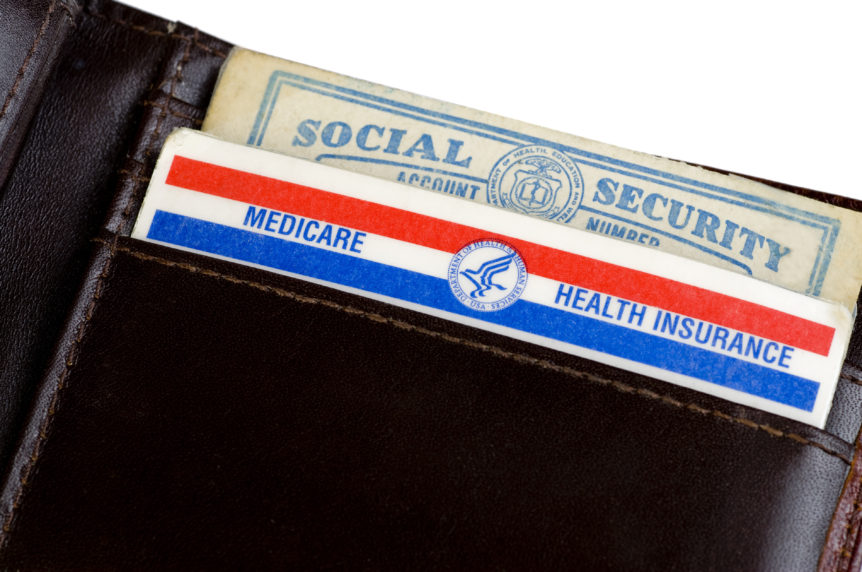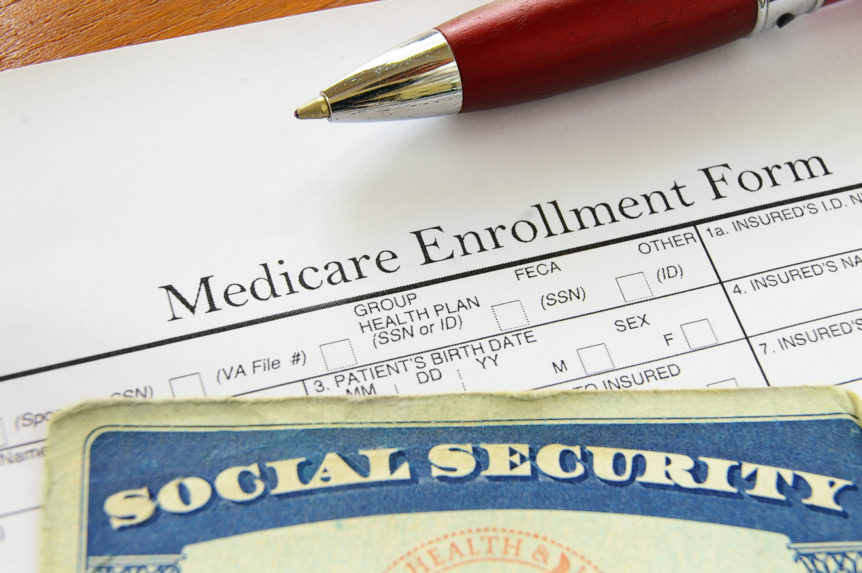If you are turning 65 in the near future and considering enrollment in Social Security and Medicare, you should be aware of their distinct age differences. There is a lot of confusion now between the enrollment ages for both programs, and it has left many people wondering what they should do with Medicare. In fact, “Time Magazine” reported Social Security experts are still unclear about the new law. Social Security age changes The Social Security landscape has changed significantly in recent years. According to the National Academy of Social Science, the full benefit age for Social Security eligibility is now 66 for people born between 1943 to 1954. However, the age will eventually increase to 67 for people born after …
IG Report: CMS Needs Bond Requirement for Home Health Providers
Medicare has long been plagued with overpaying providers, and one of the primary duties of program integrity contractors is to collect the overpayments and return them to Medicare. However, this may not be happening, as evidenced by a recent report from the Health and Human Services Office of Inspector General. Read the full article >>>
Medicare Cards Without Social Security Numbers Coming In 2018
Coming Soon: A new Medicare card that will not display a cardholder’s Social Security number (SSN). The Centers for Medicare & Medicaid Services (CMS) recently announced it is preparing to issue Medicare cards that will use new unique numbers in place of cardholder SSNs. CMS said it would begin mailing new cards to beneficiaries in April 2018. Read the full article >>>
Medicare Primer
If you’re nearing retirement age, or are over 65 and still working, you may have questions about Medicare. Read on for the information you need to know. What Is Medicare? Medicare is health insurance for people who are age 65 or older, under 65 with certain disabilities, or any age with End-stage Renal Disease (permanent kidney failure). Types of Medicare There are four types of Medicare: Medicare Part A helps cover inpatient care in hospitals, skilled nursing facilities, and hospice and home health care. Generally there is no monthly premium if you qualify and paid Medicare taxes while working. Medicare Part B helps cover medical services like doctors’ services, outpatient care and other medically necessary services that Part A doesn’t …




